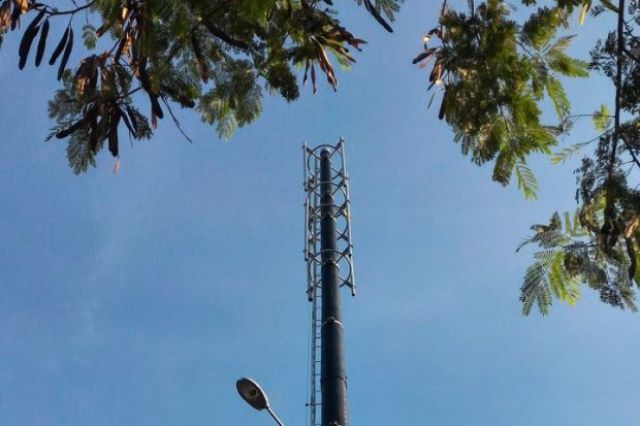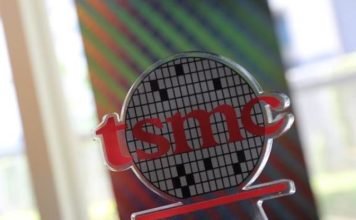Philippines is currently waiting for the entry of the third mobile operator that will challenge the dominance of Globe Telecom and PLDT.

The Department of Information and Communications Technology (DICT) recently released two versions of the terms of reference (TOR) for selecting a new major telecommunications player.
The Philippines is seeking to improve services and break the lock PLDT and Globe Telecom have on the market by inviting the third telecom operator, Reuters reported in January.
Poor service quality has left Philippine consumers and businesses frustrated at the telecoms duopoly in a country that has 105 million people and one of the world’s largest rates of social media usage in terms of average daily duration.
China Telecom is keen to invest in the Philippines’ telecoms sector and the become the third operator. However, the decision of the Philippines government to keep 40 percent cap on foreign ownership of domestic telecoms companies has kept interest from multinationals at bay.
Philippine Telegraph and Telephone is talking with China Telecom and Datang Telecom for a 40:60 partnerships to challenge the nation’s dominant duo of PLDT and Globe Telecom.
Now Corp also publicly said it is planning to bid to become the third telecom operator in the Philippines.
Globe Telecom
Globe Telecom, a subsidiary of Singtel, said it is open to the entry of new telecom players in the local telecommunications industry.
“Competition has the potential of opening up new sources of revenues for telecom players while benefiting consumers with more innovative products and services at competitive rates,” Froilan Castelo, senior vice president of Globe Telecom, said.
Globe Telecom, as part of its strategy, recently announced plans to divest its tower assets. It has started the process of incorporating a separate tower holding company. This initiative will allow the third player to rapidly roll out its network and launch commercial operations. It will give smaller players the opportunity to scale up their business without keeping huge funds for capital expenditure (Capex).
Castelo said Globe Telecom has no specific objection on the draft TOR for the selection of a new telco player. “We trust the government will do what is fair and just – not only in the selection of the new major player, but also in protecting the vested rights of the current service providers.”
These protected rights include the right to be secure in the frequency holdings allocated by the government. Republic Act (RA) 7925 states “the government shall allocate the spectrum to service providers who will use it efficiently and effectively to meet public demand for telecommunications service.”
Spectrum allocation
In a public consultation held on Friday, July 6, DICT Acting Secretary Eliseo Rio Jr. raised concerns on the utilization of some allocated spectrum, particularly the 3G frequencies.
Globe Telecom has 10 MHz as against the 25 MHz of Smart for 3G frequencies. Globe has over 63 million subscribers as against the 30 to 35 million subscribers of Smart. “So who’s using the frequencies more efficiently,” Rio said during the public consultation.
Globe Telecom network carries twice the data traffic than that of competition. Globe received an allocation of 10 MHz of 3G frequency, the smallest allocation on this band.
Recently, Globe announced it will launch 5G technology by the second quarter of 2019. It will use 5G to deliver the Globe At Home broadband product line.
Globe Telecom recently said its mobile service revenues reached P25.98 billion.





